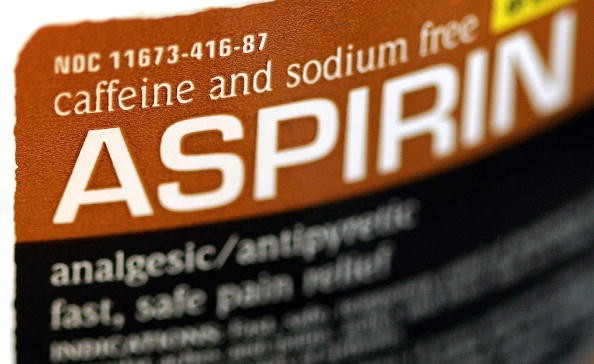
For some people, those over age 50, a daily low-dose aspirin could help prevent a first heart attack or stroke, and also appears to offer some protection against colorectal cancer. These recommendations are part of draft guidelines issued by the U.S. Preventive Services Task Force.
This the first time a major American health organization has issued a broad recommendation to take aspirin to prevent a form of cancer, but the task force noted that the decision to take aspirin daily should be decided on the basis of cardiac health primarily.
The Task Force, part of the U.S. Department of Health and Human Services, is recommending daily low-dose aspiring only for people who meet a strict list of criteria, including having at least a 10% risk of a heart attack or stroke in the next 10 years and being at low risk for bleeding problems. The recommendation is strongest for those in their fifties, but doctors should decide aspirin therapy on a case-by-case basis for those in their sixties, a group for which there is a smaller benefit.
Those aged 50 to 70 are the ones for which the benefits of taking low-dose aspirin each day outweigh the risks. And there are serious risks to daily aspirin. Taking aspirin for a long time can raise the risk of serious bleeding in the stomach and intestines or in the brain.
Aspirin therapy has been recommended for many years for anyone who has already had a heart attack. Nearly 40% of Americans over age 50 already use aspirin for prevention of cardiovascular disease.
Although there are studies that suggest years of daily aspirin might lower the risk of colon cancer, no major health organizations recommends taking it solely for that reason. The Task Force guidelines say the decision to take daily aspirin should be made on the basis of patients' heart health and that the lower risk of colorectal cancer would be useful information as doctors and patients discuss the matter.
However, in 2014, the U.S. Food and Drug Administration ruled that there is not enough evidence to support marketing aspirin for prevention of a first heart attack.
The task force guidelines are open for public comment at www.uspreventiveservicestaskforce.org .

